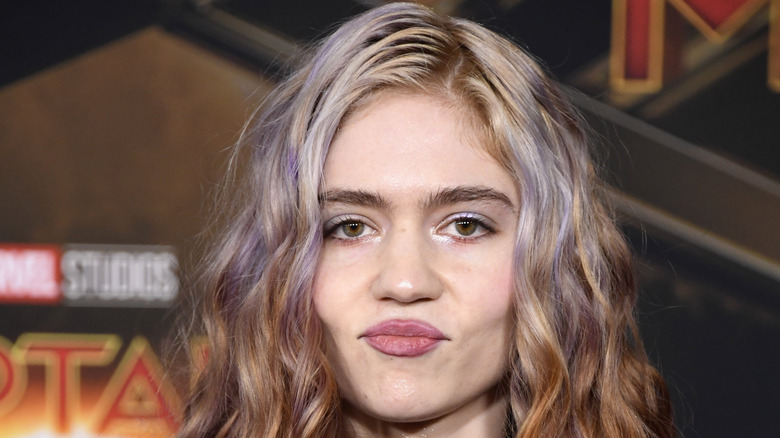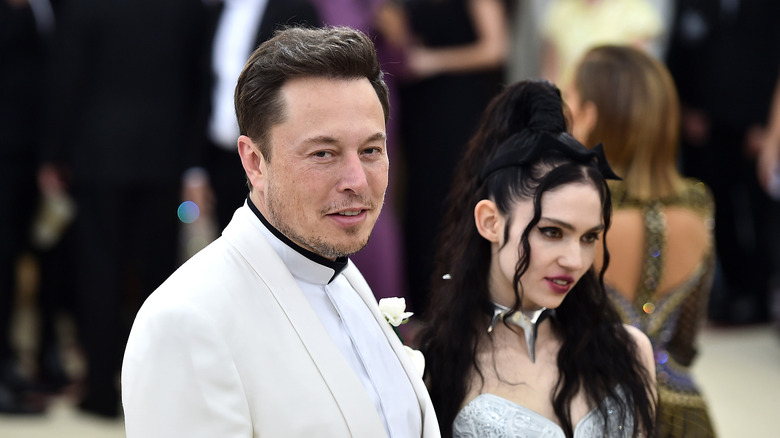Pop Star Grimes Throws Down The AI Music Gauntlet With An Unexpected Challenge
Canadian singer Grimes has just announced that she would share the earnings from songs that mimic her voice but have been generated using an AI. "I'll split 50% royalties on any successful AI-generated song that uses my voice," she tweeted earlier today. The "Shinigami Eyes" hitmaker further added that no penalties would be levied for the task since is not bound by any record label agreements.
I think it's cool to be fused w a machine and I like the idea of open sourcing all art and killing copyright
— 𝔊𝔯𝔦𝔪𝔢𝔰 (@Grimezsz) April 24, 2023
Grimes' offer has the potential to send ripple effects throughout the music industry which is currently bracing for an unpredictable AI battle and its copyright implications. The precedent being set by Grimes actually hits close to home. Earlier this month, two AI-generated songs — "Heart on my sleeve" and "Winter's Cold" — featuring Canadian rapper Drake and The Weeknd made waves. Interestingly, a lot of fans loved it, but Universal Music Group wanted streaming services like Spotify and Apple Music to clamp down hard on such AI sorcery.
Spotify and Apple eventually pulled the track but didn't explicitly disclose why in terms of platform policies. In a statement shared with BBC, the music label didn't sound too happy about the "training of generative AI using our artists' music." Grimes, on the other hand, says she has "no label and no legal bindings." In a subsequent tweet, Grimes targeted the copyright aspect of AI-generated music and the taboo around the whole process.
A solution, perhaps?
"I think it's cool to be fused w/ a machine and I like the idea of open sourcing [sic] all art and killing copyright," she wrote. Copyright happens to be the hottest topic around the AI music industry shift. It's almost analogous to how giant AI labs have "indiscriminately" used artwork for training their models without explicit permission from the artists. One of the most well-known examples is that of Stability AI, which was recently slapped with a lawsuit by Getty for using copyright-protected images to train its Stable Diffusion image engine without a proper license.
Scraping an artist's voice is going to be no different. Voice artists in the gaming industry are already rallying against contracts wherein a studio not only wants to avail their services but also seeks ownership over the likeness of their voice to be used in future products. With Grimes speaking up about a seemingly fair contract covering her own voice and offering an incentive on her own, the music industry is almost certainly going to pay keen attention.
It remains to be seen how streaming services receive tracks that have been AI-generated. It's actually a rather interesting turn of events. Grimes is the ex-wife of Elon Musk, who recently signed an open letter demanding a pause on the further development of AI that is as smart as OpenAI's GPT-4 natural language model. In a FOX interview earlier this month, Musk went a step ahead and claimed that AI is capable of "civilizational destruction."

